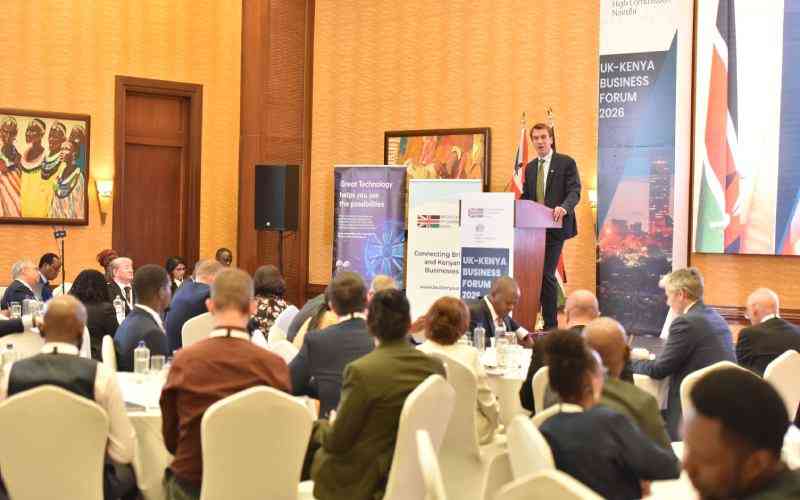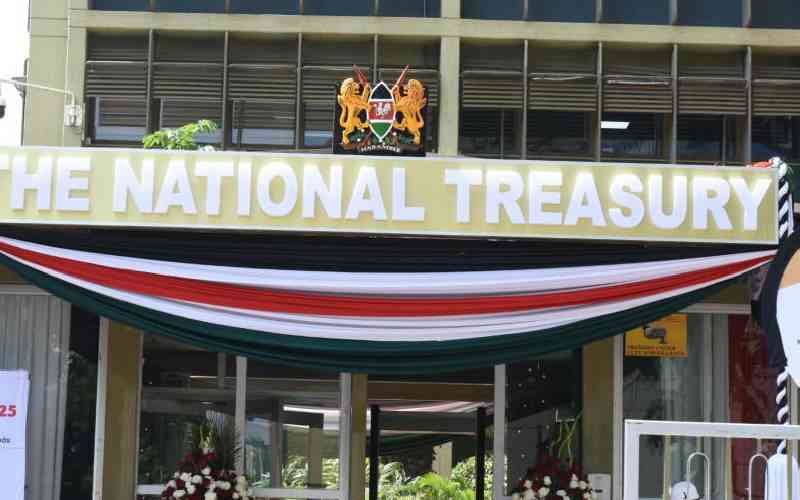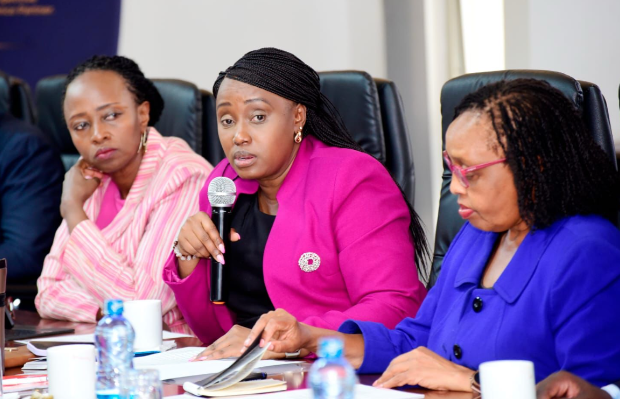×
The Standard e-Paper
Smart Minds Choose Us
By Boniface Ongeri and Adow Jubat
With casualties on both sides of the shifta war rising and with neither party backing down, bringing the conflict to an end would demand more than using firepower on the part of the Government.







